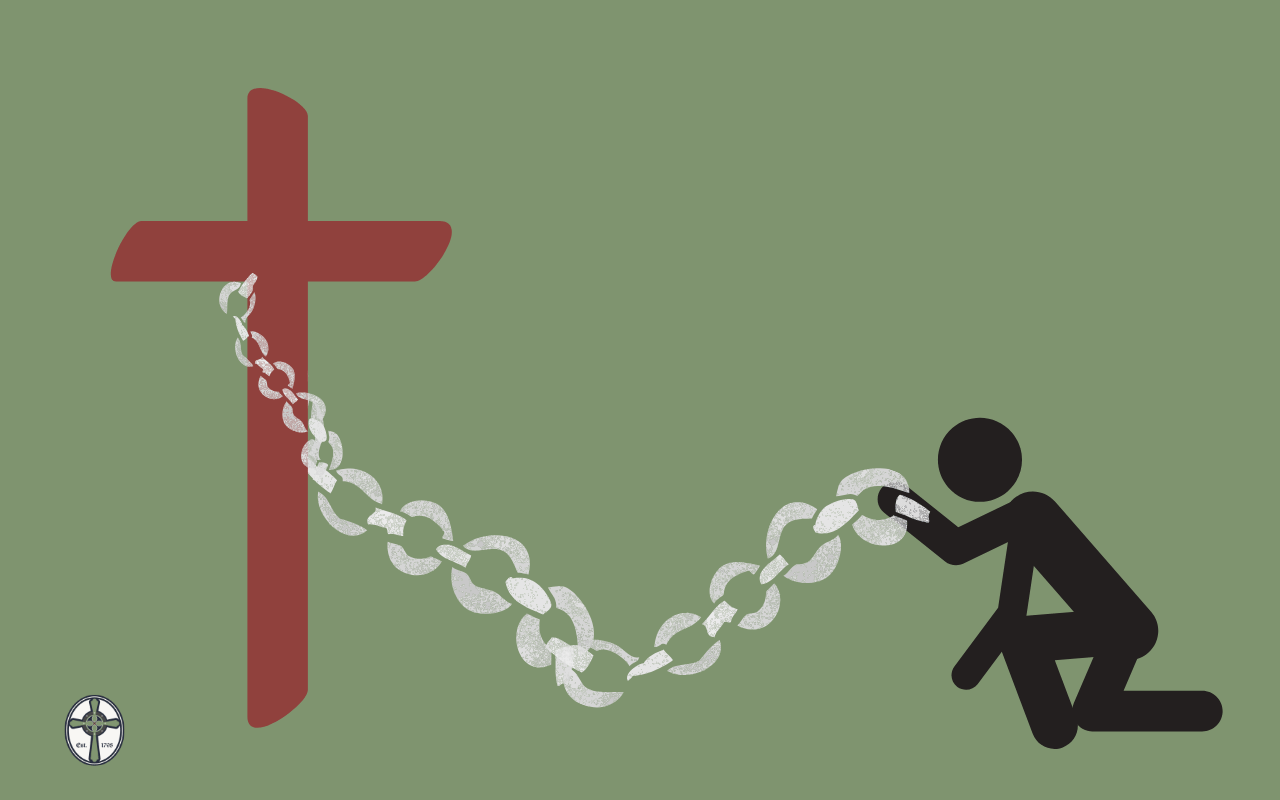Do your actions show you are a slave to Christ?
January 28, 2020
Have you ever looked at this passage of scripture and struggled with the way the master addresses this servant? I have. It seems like the master is so mean! First, he rewards those who make him more money. Then the one who does not provide any return, but simply gives back what was originally provided is cast out of the house, out of service, and what he was given is now given to the one who returned the greatest yield. It almost seems as if the master is just greedy. And on top of this, the kingdom of heaven is likened to this master and his interaction with his servants? How is this right?
Now maybe it would be prudent for us to look at the significance of the various portions of this passage of scripture. First, it should be noted that the word used is not the word for servant (diakonos – Greek “δίακογος”) which would be translated as deacon in our modern language. A deacon is one who serves because that is his/her responsibility. Rather, the word used here (doulov – Greek “δονλον“ = doulos – Greek “δονλοϚ”), and in many other portions of the New Testament, is better translated slave. This person would not be identified by his/her relationship to the work being done, but rather “one who’s will is given up to the will of another.”¹ Thereby, instead of this person being seen as one who was to decide whether to invest his/her talent, he would have been expected to use his/invest the talent in a way that the master would, because he was not his own. He was seen as an extension of the master.
Also, let us look at the proclamation of the master. While this seems harsh that he called him a “wicked and lazy servant,” we should look carefully at his words. In reviewing this passage, specifically this verse, I consulted 13 translations, and 8 out of 13 agreed roughly on the word “wicked,” while 9 out of 13 used “slothful” as opposed to “lazy.” The difference in the words “lazy” and “slothful” is that slothful reflects “habitual laziness.” Therefore, this servant was characterized by this type of attitude/activity. In other words, the master had given him chance after chance, and this was the final straw. The master had returned and there were no more chances to correct his actions/lifestyle. The slave was living for himself, doing as he pleased, without a care regarding the desires of the master.
We are told in scripture that we are either slaves of righteousness or slaves of sin. If you say you are Christ’s, then you are proclaiming you are His slave. What are your actions saying?
¹STRONG, JAMES. The New Strong’s Expanded Exhaustive Concordance of the Bible: Red-Letter Edition. THOMAS NELSON, 2001.

